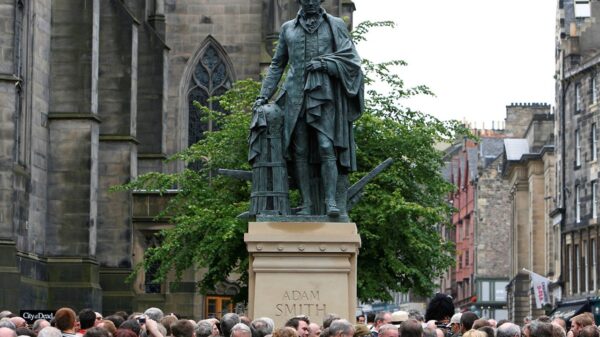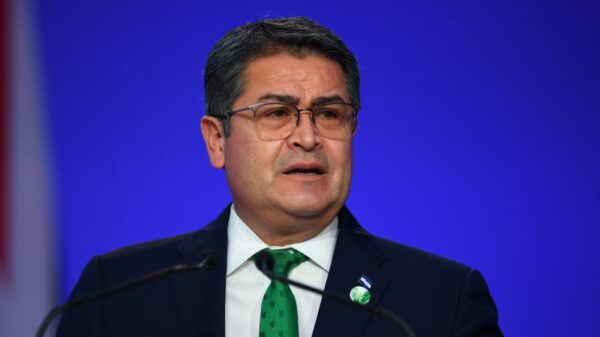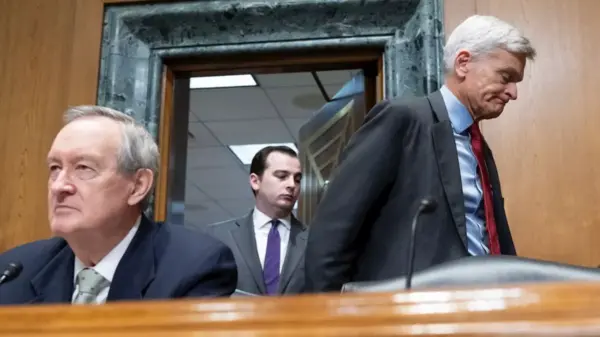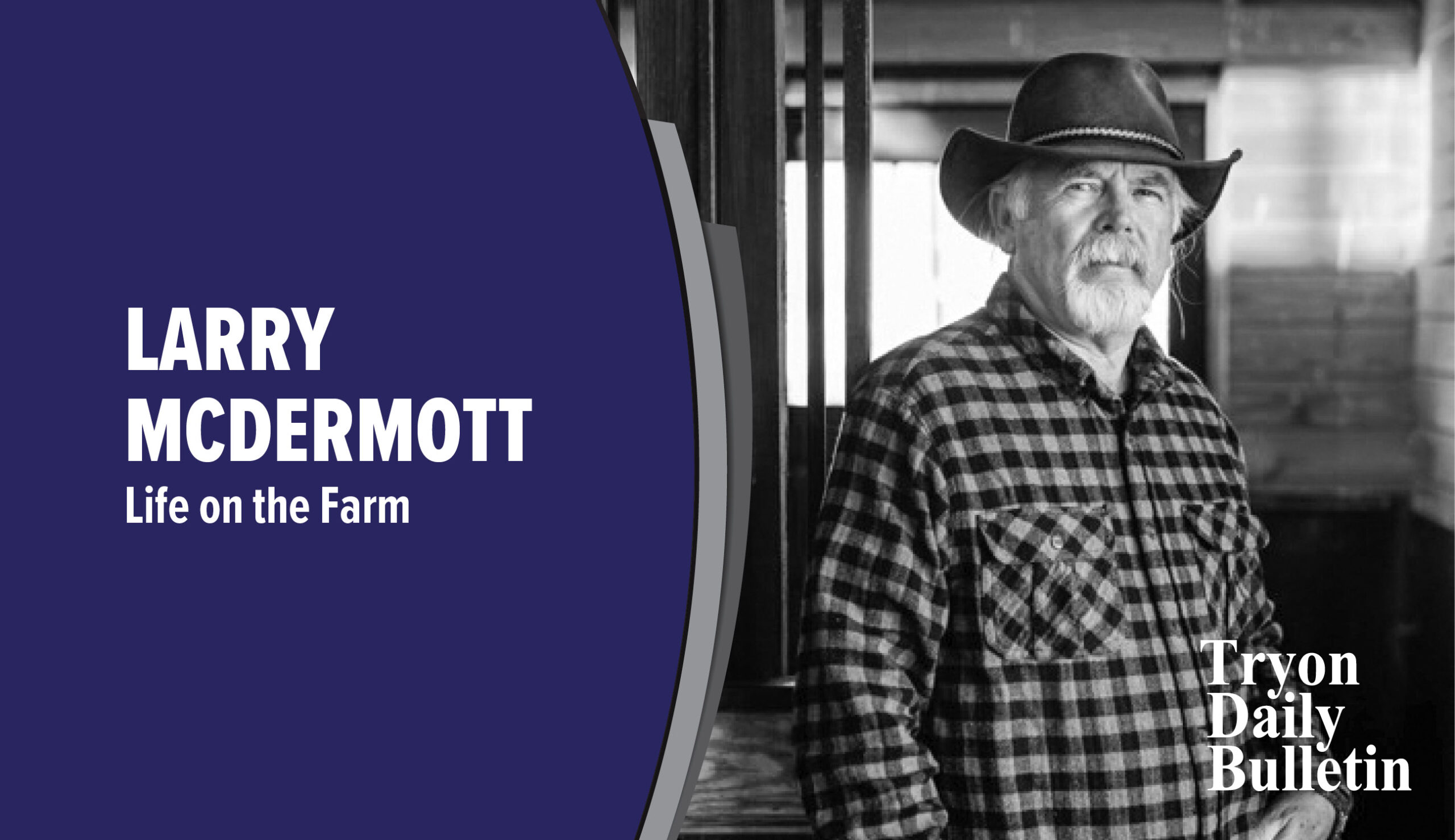Calls are intensifying to end the practice of naming public structures after politicians, a tradition that many argue is increasingly problematic. The trend of naming government-owned bridges, roads, and buildings after those who are compensated for their public service has drawn criticism, particularly in light of recent scandals involving named figures.
One notable case is that of Ron Dellums, a former congressman from California, who had a federal building in Oakland named after him. However, Dellums is now facing potential legal trouble for failing to pay his income taxes, raising questions about the appropriateness of such honors. This is not an isolated incident; the name of former Illinois Governor Rod Blagojevich also graces numerous signs across the state. Blagojevich was convicted of corruption and later received a full pardon from former President Donald Trump earlier this year.
The history of naming structures after politicians is fraught with controversy. Wilbur D. Mills, a congressman from Arkansas, found his reputation tarnished in 1974 when it was revealed that he was involved in a scandalous affair with a stripper named Fanne Foxe. Mills had numerous structures named after him, including a stretch of interstate highway. The public learned about his indiscretions through investigative journalism, highlighting the risks of immortalizing flawed individuals.
In a more recent incident, the name of former Spartanburg County sheriff Chuck Wright has sparked similar concerns. A section of U.S. Highway 29 was named after him, but Wright’s reputation has since taken a significant hit. He pleaded guilty to federal misconduct charges for stealing drugs from a county program, falsifying claims related to a murdered deputy, and misusing county funds, among other offenses. His actions have led many to question the wisdom of naming public infrastructure after individuals who may not uphold the integrity associated with such honors.
Critics of the current naming conventions argue that it is time to shift the focus away from politicians. Instead, they advocate for honoring first responders and local heroes who have made significant sacrifices. Many believe that naming structures after police officers and other first responders who have lost their lives in the line of duty would be a more appropriate tribute, reflecting true service to the community.
The ongoing debate over naming conventions for public structures continues to gain traction, revealing a broader conversation about accountability and integrity in public office. As communities seek to honor those who contribute positively to society, it may be time to reconsider who truly deserves such recognition.
For more insights on this topic, reach out to Larry McDermott, a retired farmer and journalist, at [email protected].





































































